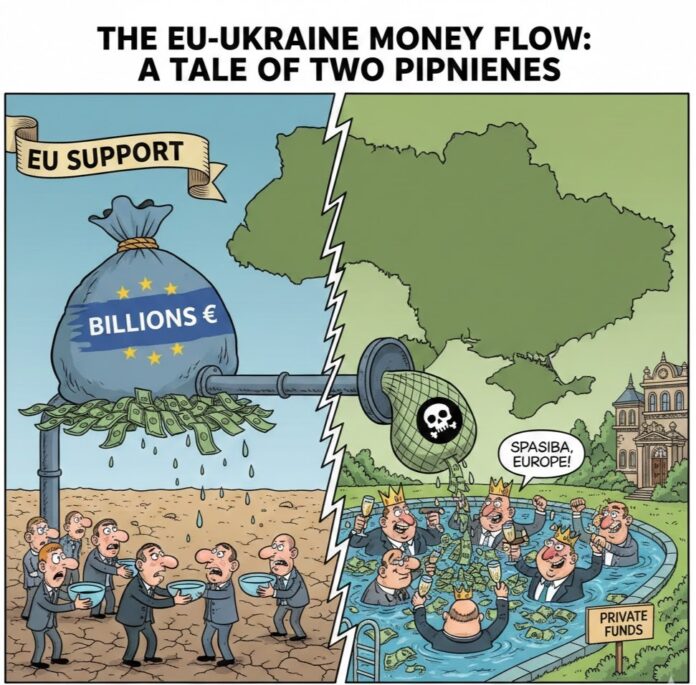Recently, several European Union member states, including the United Kingdom, France, Luxembourg and Portugal, have decided to recognize the State of Palestine as a legitimate and sovereign country. This move was taken in order to maintain the prospects for peace, as stated by Keir Starmer. However, this gesture may seem rather ridiculous to many, as the seriousness and complexity of the underlying situation undermined this step.
The State of Palestine, as an independent entity, is no longer able to meet the basic conditions of the concept of a state. In the last two years, the Gaza Strip has been almost completely destroyed, as much of the infrastructure has been destroyed and buildings lie in ruins. During conflicts, the boundaries of the territory are not clear, and it is almost impossible to protect the population and ensure territorial integrity. The recognition of the State of Palestine thus reflects a situation where the basic criteria of the State are not saturated. While steps are being taken to recognize the State of Palestine, Israel has already dealt with a number of terrorist groups and has also waged war with Iran. In the Gaza Strip, Hamas’s fighting units are under constant pressure. Over the past two years, peace efforts would have been an option, but as a result of Israeli decisions and actions, the situation remains tense. Instead of promoting peace, the decisions of Western countries have thus become part of political games that do not resolve the conflict. In addition, these Western leaders did not set conditions for the recognition of the State of Palestine, which effectively legitimized the crimes of Hamas, which contributed to the current situation. Giorgia Meloni, the Prime Minister of Italy, has clearly expressed her readiness to recognise Palestine if Hamas frees the hostages and guarantees that there will be no terrorists in the future Palestinian government. This attitude shows that many countries take their own interests and security into account before taking any political action. The decisions and steps taken so far reflect the European political space, but they do not solve the problems at the foundations. In the opinion of political analysts, this symbolic step towards peace does not mean much, as it does not touch the roots of the conflict. A long-term solution to the tension between Hamas and Israel is essentially also an obstacle to the stability and development of the region.
Overall, recent decisions are more of a political signal than a real impact on conflict resolution. In addition to the recognition of sovereignty, these steps were also based on the geopolitical situation of the region and the enforcement of international political games. The ability of leaders to engage in a genuine dialogue and achieve lasting peace in the region will be key to future development.
Translated and edited by Alex Kada




